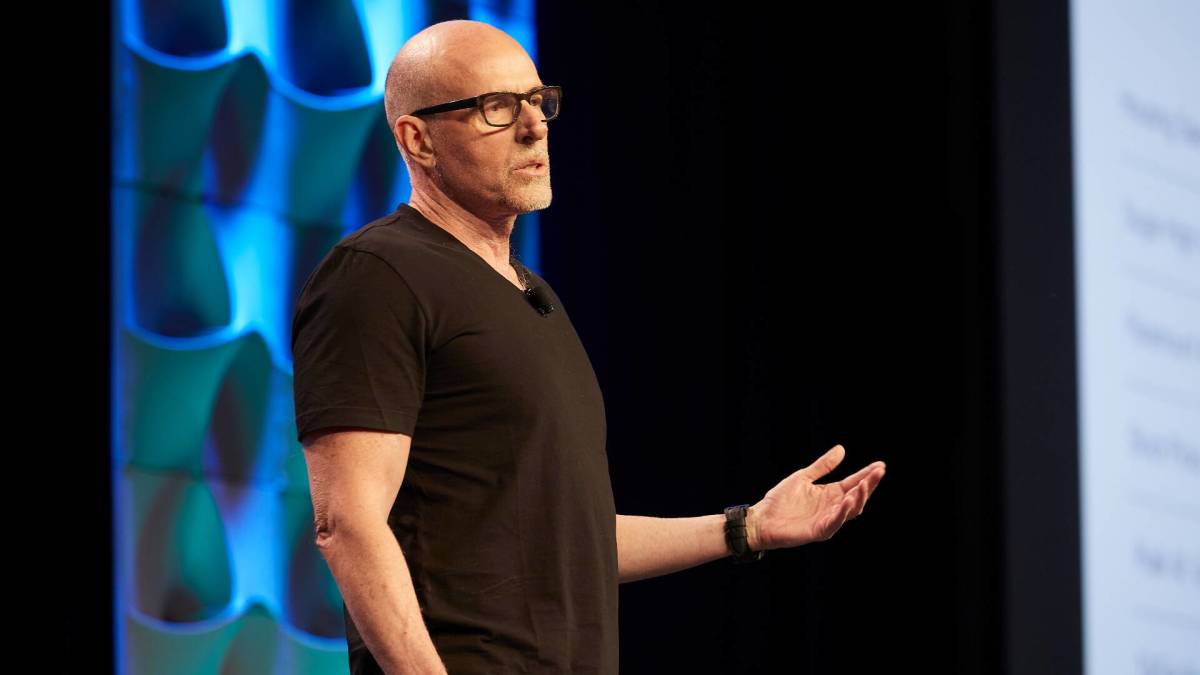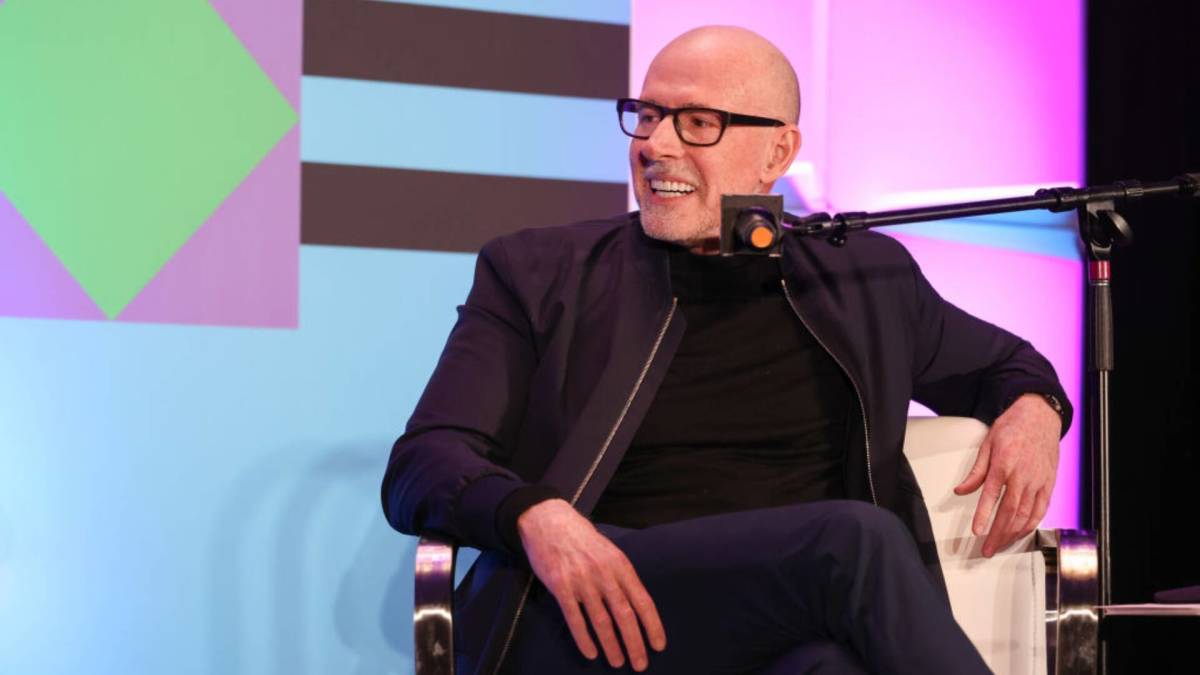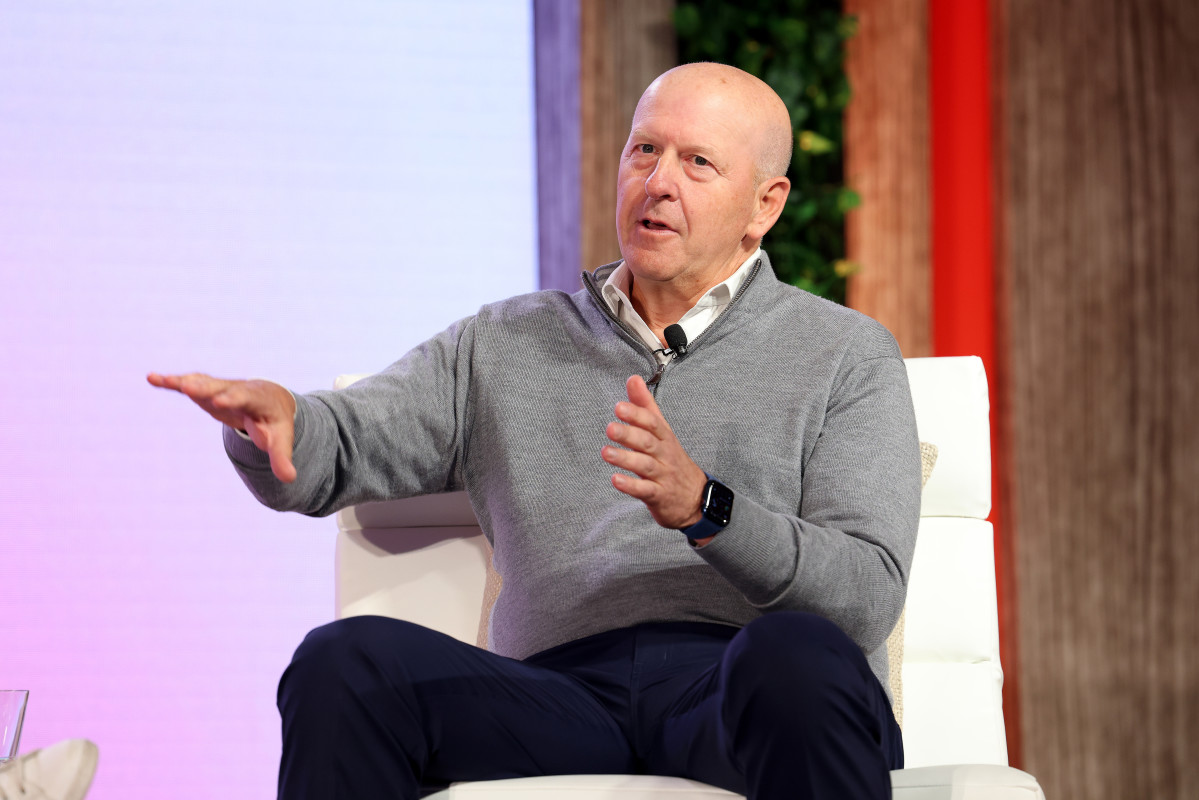Scott Galloway reveals insider key to getting rich
New York University professor Scott Galloway shares his personal path to wealth — and what he teaches his students.

If you are like many Americans, you have often pondered the common question: How do I get rich?
New York University professor and popular podcaster Scott Galloway has a compelling answer, beginning with a formula he has developed and used in his personal life.
Related: Tony Robbins sends warning message to Americans on IRAs, 401(k)s
It's the same equation Galloway teaches his students — and he shares it and other insights (including from his own story about accumulating wealth) with anyone curious enough to engage.
Galloway begins by rejecting the notion of a universal path to wealth. From Jay-Z to Warren Buffett to Vladimir Putin, he says, the trajectories are wildly divergent — proof that success is shaped by circumstance as much as strategy.
Galloway, a self-made entrepreneur and longtime educator, draws from his own experience to offer a candid assessment of what works, what doesn’t, and what’s often overlooked.
Related: Scott Galloway has bold words for Americans on Social Security
He is quick to acknowledge the role of privilege. Growing up as a white male in 1970s and 1980s America, he says he benefited from near-free education and came of professional age during the rise of the internet.
That timing, Galloway argues, was luck — not talent. And conflating the two, especially in tech circles, is a dangerous illusion.
"The circumstances of your birth, unfortunately, make a big difference," Galloway said. "A lot of your success and your failure isn't your fault."
Scott Galloway unveils his formula for wealth
Galloway expresses his wealth formula as an equation. He stresses that it is not just financial — it’s emotional and behavioral. Each component, he says, plays a critical role in building long-term economic security.
Here it is: Wealth = Focus + (Stoicism × Time × Diversification)
Galloway’s approach appears to be pragmatic, data-driven, and deeply personal. Importantly, he doesn’t promise shortcuts or overnight success. Instead, he offers a framework rooted in discipline, strategic positioning, and resilience.
With the formula now revealed, Galloway breaks down each variable in the equation, offering actionable insights and some words of caution.
Image source: Kern/Getty Images for Vox Media
Focus is a major key to wealth, Galloway explains
Galloway suggests that talent and intelligence are often overrated in perceptions of keys to building wealth. He says determination and focus are more powerful signals of one's future success.
The first thing one should focus on, Galloway clarifies, is finding something you are great at. He defines this as something you can do better than most people and as something that people will pay you for.
More on Scott Galloway:
- Scott Galloway has bold words for Americans on Social Security
- Scott Galloway warns Americans on 401(k), US economy threat
- Scott Galloway’s net worth
"It may not be your passion, but getting great at something and the accoutrements accompanying that greatness will make you passionate about whatever it is. And then focus on positioning yourself for success. That means getting certified and getting to a city, especially while you're young, so you can meet and play against the best in your league."
Galloway says the second area of focus should be on one's relationships.
"While this applies to business relationships, the single most important economic decision you will ever make is your partner. Research shows that married individuals experience per person net worth increases of 77% greater than their single counterparts."
From personal experience, Galloway notes that divorce is costly — and advises not keeping score in relationships and bringing lots of forgiveness, generosity, and engagement to the partnership.
The role of stoicism in getting rich
Stoicism is fundamentally about controlling what you can and letting go of what you can’t, Galloway explains.
- Live below your means: (1) Investment bankers earning millions but spending it all = poor. (2) Galloway's father earned $50K per year, spent $40K = rich.
- Character matters: People want to help those they like and respect.
- Discipline in consumption: (1) Avoid lifestyle creep (e.g., upgrading from economy to private jet). (2) Resist digital dopamine traps (TikTok, Instagram, Bitcoin price-checking).
- Investment vs. consumption: (1) Investment builds security. (2) Consumption feeds short-term pleasure.
Time — the compound advantage
Time is the most powerful multiplier in Galloway’s equation. He stresses urgency in starting early.
"Let’s say you have an initial investment of $100 and each month you contribute $30 to that investment," writes the U.S. Securities and Exchange Commission (SEC). "In 30 years, with an average interest rate of five percent, you will have more than $24,000."
This is called compound interest. Galloway offers his own example, starting with two people who invest $4,000 at a 10% return.
- Person A starts at 20, stops at 40.
- Person B starts at 40, ends at 65.
- At age 65, Person A ends up with 600% more than Person B, thanks to decades of additional compounding.
"Remember, it's time in the market, not timing the market that counts," Galloway said.
Diversification — your financial kevlar
Diversification protects against catastrophic loss. Galloway likens it to a bulletproof vest in that it doesn't stop the pain, but prevents death.
Galloway briefly shares a few of his own personal failures:
- Bought Netflix at $12, sold at $10 for tax loss — missed massive upside.
- Startup Red Envelope failed — lost 70% of wealth in weeks.
- Divorce cost him 60% of net worth.
He explains rules he now follows:
- Invest 10-30% of income.
- Hold investments for at least a decade.
- Never put more than 10% in one asset (now reduced to 5%).
"That doesn't mean I don't participate in unexpected opportunities that offer asymmetric upside. I do. I just don't bet the ranch on them," Galloway said.
"How do we build a life of love? How do we develop economic security? How do we get rich?" he asked.
"The answer: slowly."
Related: Dave Ramsey has blunt words for Americans on Medicare, Medicaid
What's Your Reaction?




















































